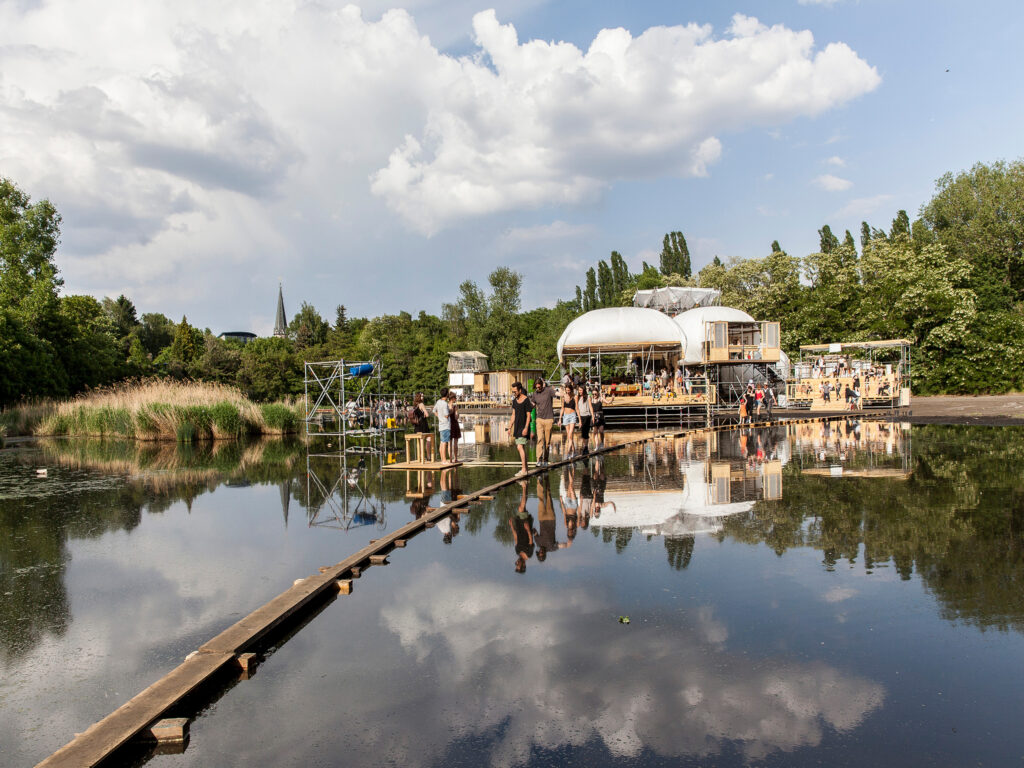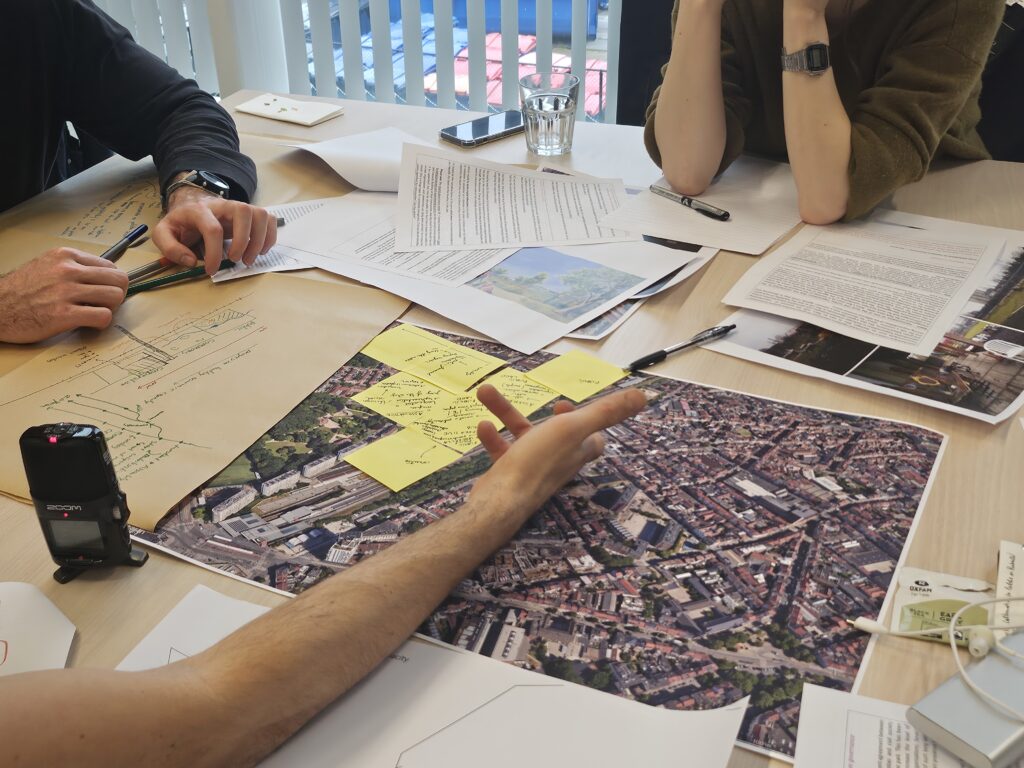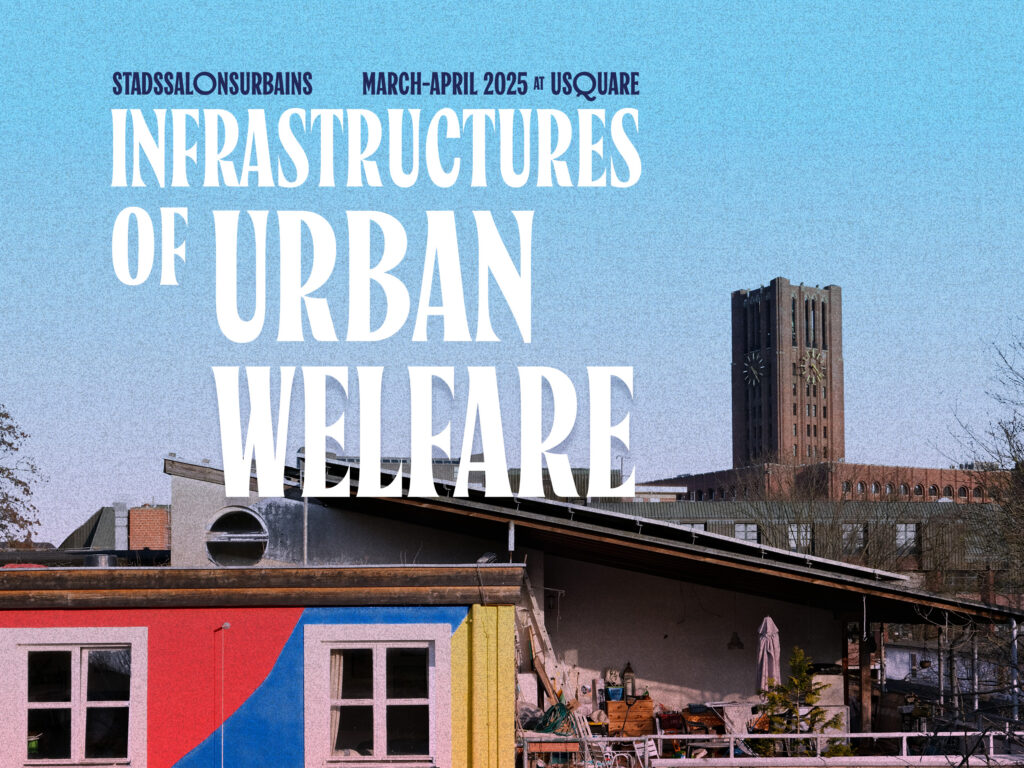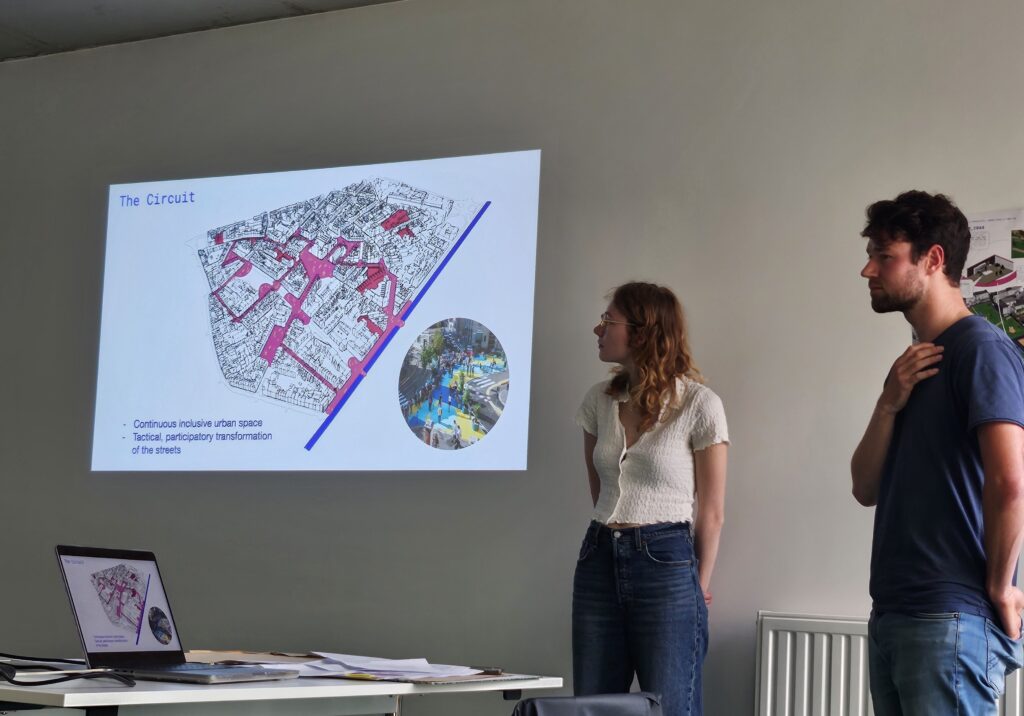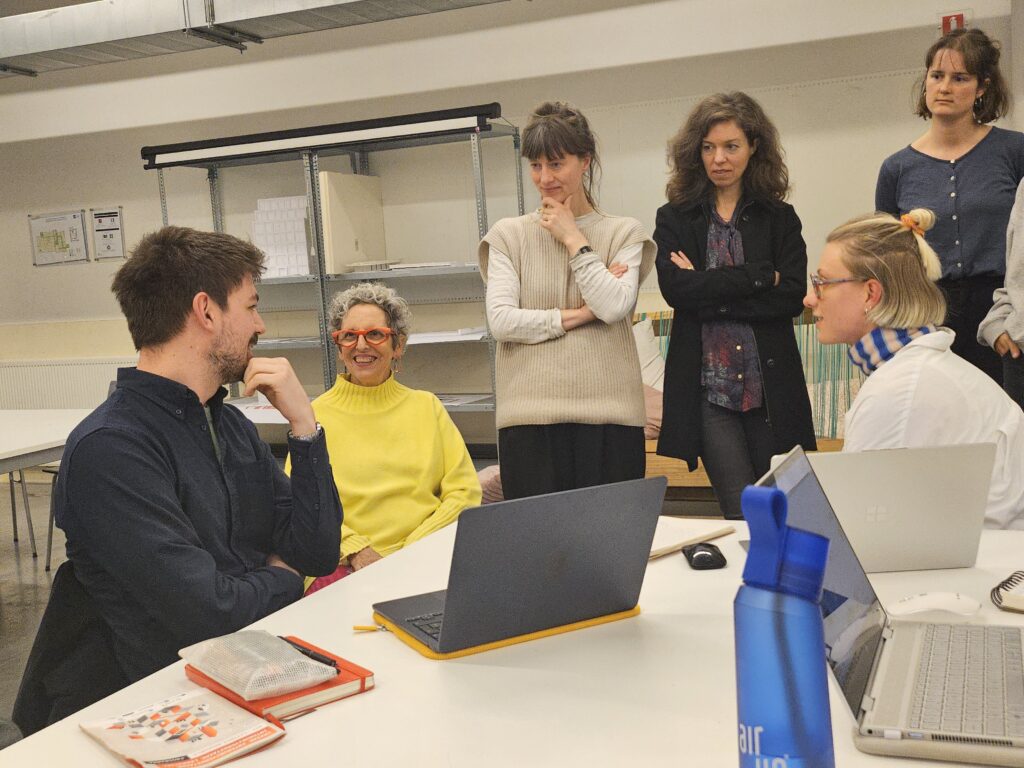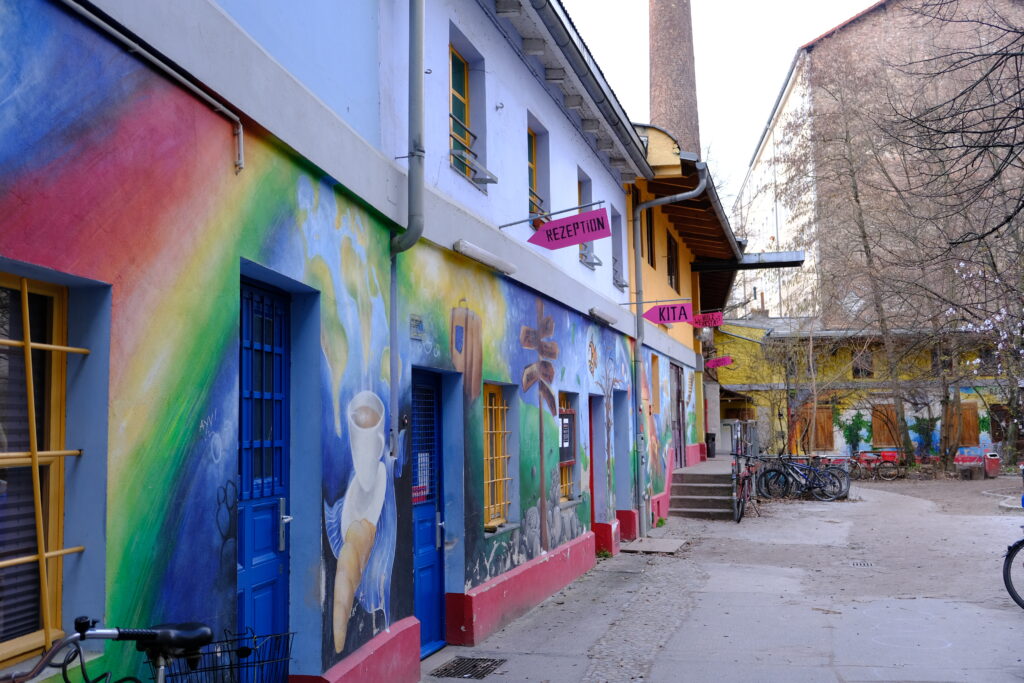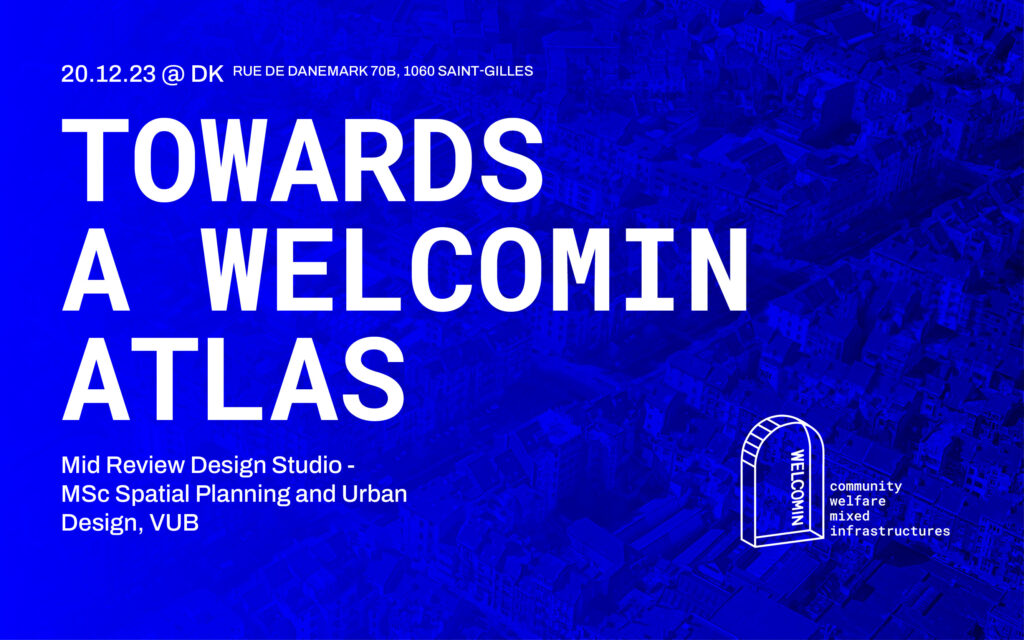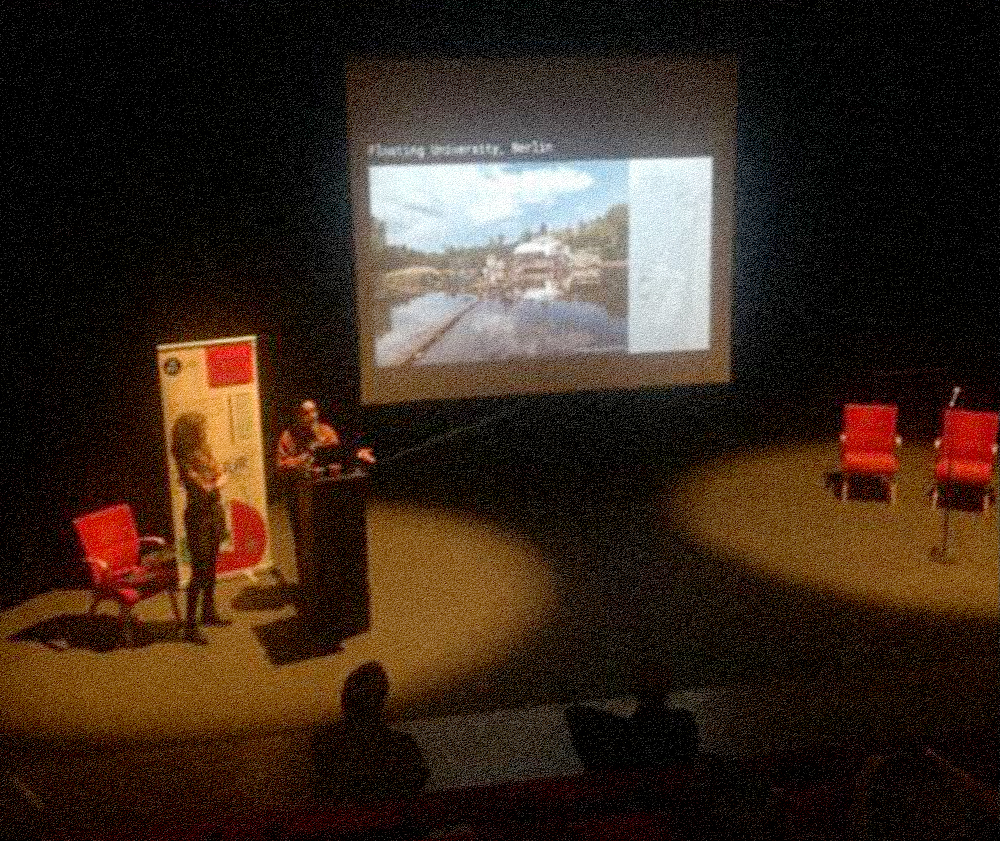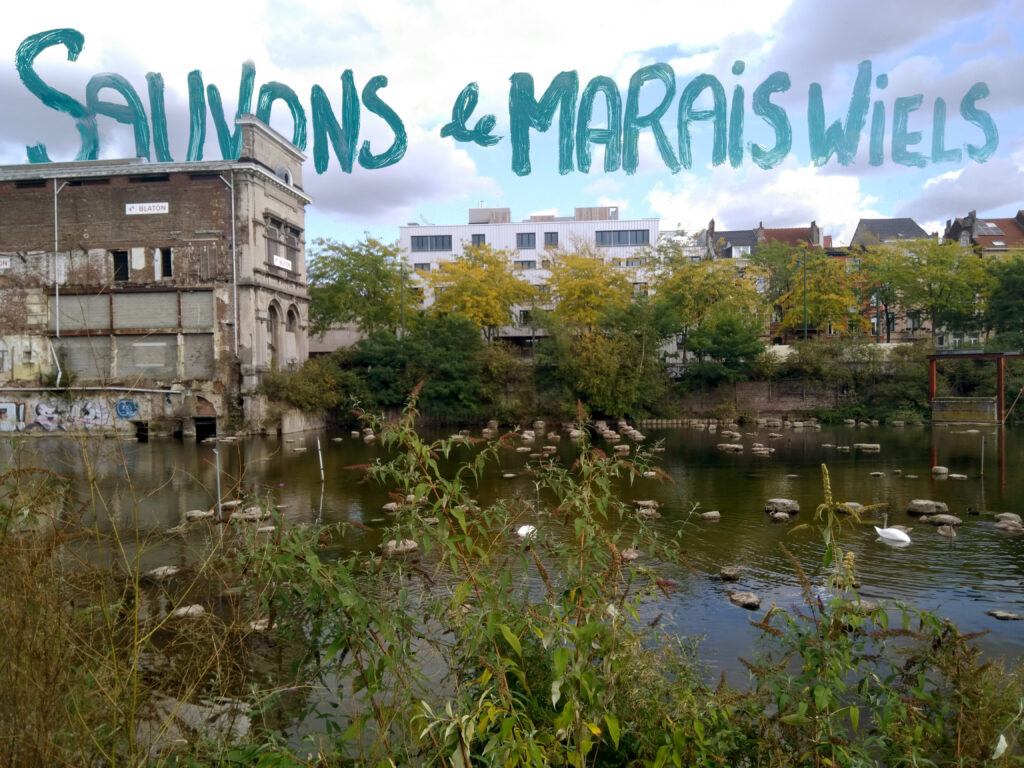Scenarios
Closing the Fall Semester, the mid-term presentations of the Design Studio participants will fuel a collective discussion on the typology of community welfare mixed infrastructures (WELCOMINs) in Brussels and their genealogy. Centred on care, these initiatives are the expression of an ecological welfare and the infrastructure of an eco-resilient city.
by Bas van Heur, Els Silvrants-Barclay, Menna Agha. - In this article, we discuss three core concerns: developing diverse and flexible understandings and models of ownership, designing architectural typologies that contribute to more accessible and inclusive cultural spaces, and realizing modes of grassroots urban governance that allow for collective action beyond token participation.
As part of the WELCOMIN project, this intensive international workshop explores the limitations and potentials of community ownership and community welfare mixed infrastructures in Brussels. In the framework of a prospective approach and supported by the input of international experts and local actors, research by design will allow envisioning spatial, functional and governance arrangements that can lay the foundation for caring and community-centred policies and cities.

